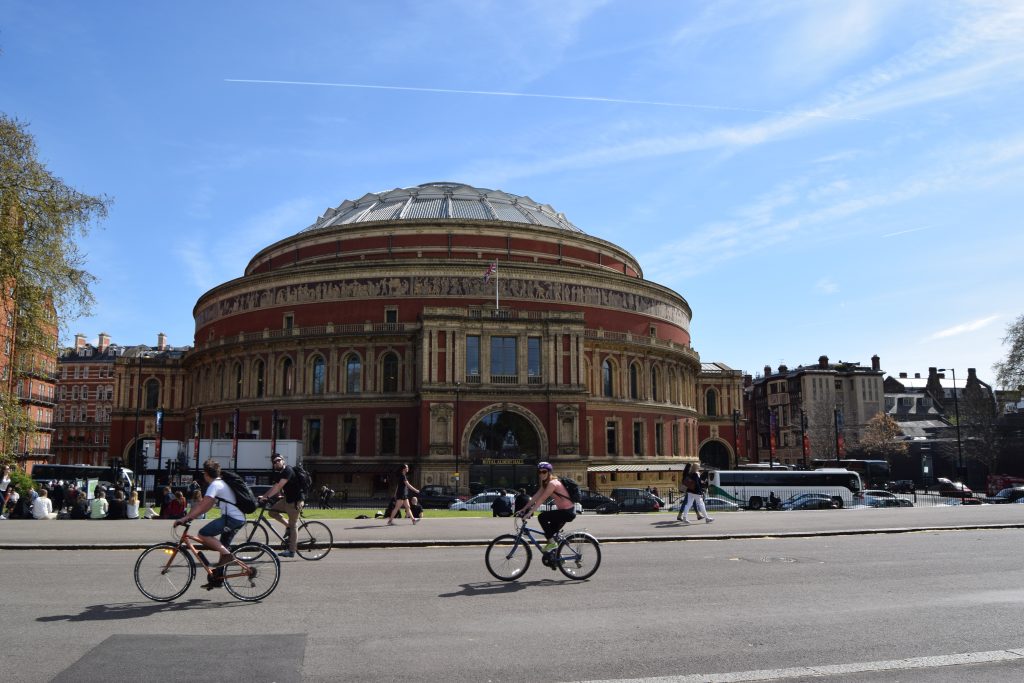
‘Land of Hope and Glory’, has been a staple piece at the Last Night of the BBC Proms since the year it was composed within Edward Elgar’s 1901 ‘Pomp and Circumstance’ March No. 1, with lyrics later added in 1902 by A.C. Benson, featuring alongside ‘Rule Britannia’. ‘Land of Hope and Glory’ was later considered as a ‘second national anthem’, with calls for it to become England’s national anthem, aside to Britain’s.
So, in the announcement of BBC’s removal of both ‘Land of Hope and Glory’ and ‘Rule Britannia’, for artistic reasons due to COVID-19 restrictions, the BBC began to see mixed reactions through multiple media lenses.
Coronavirus guidelines have limited not only singer-participation, but also audience involvement, leading producers to support the decision in how the songs would not be done their in-theatre justice, as mentioned in original statements.
‘The Sunday Times’ article on 23 August 2020, spurred fears of the songs facing the ‘axe’ going forward, speculating that this was in attempt to ‘bring change’ to the Royal Albert Hall – as suggested was needed by conductor Dalia Stasevska; in following the year of the BLM movements gaining traction within mainstream media, re-ignited after the death of George Floyd.
As a result, the BBC faced challenges of controversy from both sides, as their decision was taken to mean distancing themselves from associations with colonialism and slavery and the history of Britain’s empire. Whether this was right or wrong was where opinion became divided nationally.
Consensus views began to side against this decision, in the overriding belief that the decision was in fact due to concerns over these historical ties, with some offering how their inclusion at the Proms was important to maintain traditions, with their place on the Last Night this year, adding to the several decades before.
Discussions over their inclusion saw Boris Johnson urge for the nation to ‘[stop] our cringing embarrassment about our history, about our traditions, and about our culture…’. Oliver Dowden echoed these thoughts suggesting this caused for a case of erasing history.
Despite government intervention not being taken in this matter; with decisions left for BBC producers, comments from politicians, public support and criticism saw a later BBC U-turn, laying way for both songs to be featured, after finding a solution to previous artistic barriers – both pieces gaining their own select group of singers.
After this, a No.10 spokesman said the Prime Minister had welcomed the decision. Labour leader spokesman for Sir Keir Starmer also supported the BBC move in saying it was the ‘right decision’, however added that ‘enjoying patriotic songs does not and should not be a barrier to examining our past and learning lessons from it’.
This decision made its way despite opposition from others, including Chi Chi Nwanoku who voiced how ‘depending on what side of the fence you’re sitting on, you either feel joyous emboldened and patriotic’ or ‘for any conscious black person who is aware of their history, the empire and colonialism… will struggle to enjoy the patriotic jingoism’.
While these songs were performed at the Royal Albert Hall this year, their controversy for many remains, with the debate to surely re-surface at a later date.
Decisions will soon need to be made over either embracing a nation’s history, or moving forward to look to how our nation’s future history is being shaped and whether sacrificing past moments in cultural sections such as music and art, are to be parts of those moments that are lost.
Courtney Bridges
